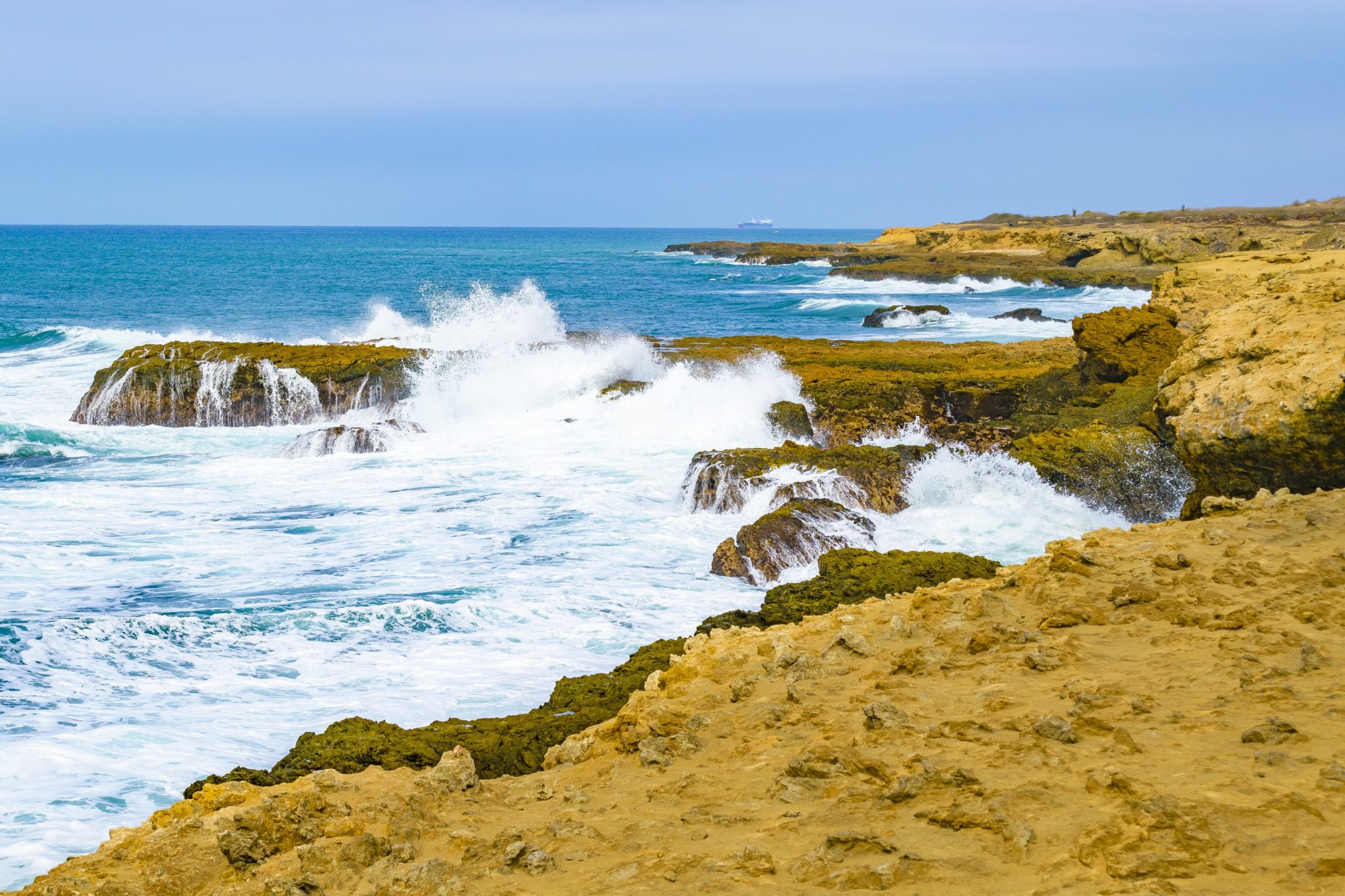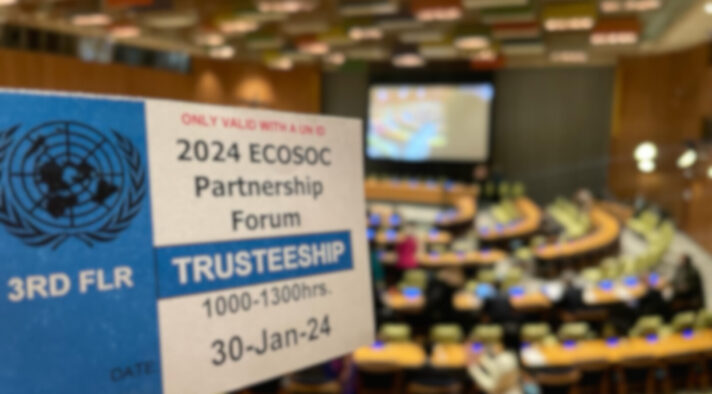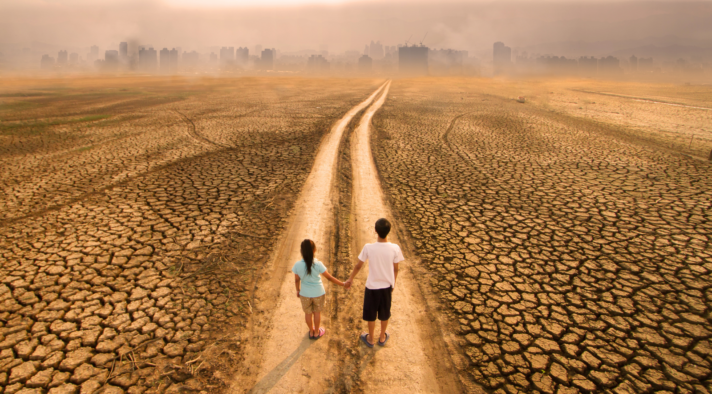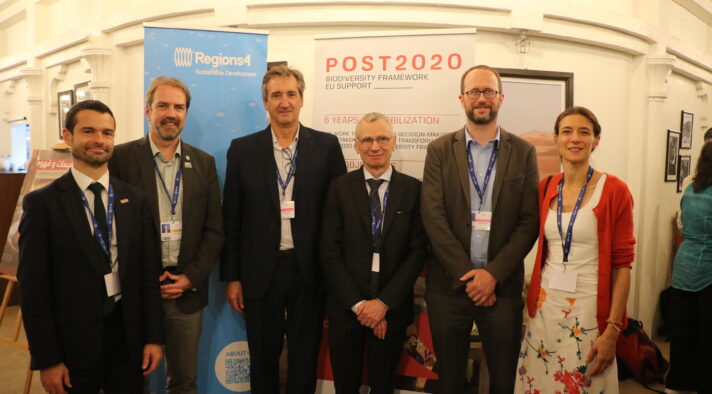International Day for South-South Cooperation is celebrated each year on 12 September to give visibility and educate the public on the economic, social and political developments made in recent years by regions and countries in the South.
South-South cooperation is a manifestation of solidarity among peoples, regions and countries of the South that contributes to their well-being and the attainment of internationally agreed development goals, including the acceleration of progress towards the implementation and achievement of the 2030 Agenda and the Sustainable Development Goals (SDGs).
The main objectives of South-South cooperation are to foster, promote and strengthen collective self-reliance in countries from the South through the exchange of experiences, the pooling, sharing and use of their technical and other resources; and the development of their complementary capacities to address and find solutions to the particular development problems of their territories.
In this sense, we are glad to share the project between two member regions of Regions4, Santa Elena and Manabí, who have joined forces to tackle the impacts of climate change on the coastal mountain range of Ecuador.
Santa Elena and Manabí are two neighbour regions located on the Ecuadorian coast, location that makes them more vulnerable to the impacts of climate change and other phenomenons like El Niño. To address these issues and its impacts, they have developed the project “Tackling Climate Change in the Coastal Mountain Range”, together with a third Ecuadorian province, Guayas, which has allowed them to develop and implement joint mechanisms and integrated responses to face the negative impacts of climate change, both on the population and the local ecosystems, by reducing their vulnerability and contributing to limit GHG emissions.
As a result of the project, the three regions also created the Consortium to Tackle Climate Change in the Coastal Mountain Range. The Consortium serves to institutionalize the efforts of the provinces to manage internal and external cooperation through agreements, contributions and loans to develop a series of projects regarding conservation, education and production in 25 communities. The consortium builds organisational processes with the participation of other institutions and citizens to realise the programmes and projects developed by the consortium. The creation of the consortium should also give impetus to new options for preservation by involving different actors and creating other entrepreneurship opportunities that benefit family farmers.
We celebrate the efforts of these regions to build self-resilience through cooperation. To learn more about Santa Elena and Manabí’s project, read the full article on our Knowledge Hub.



